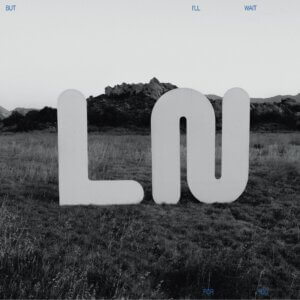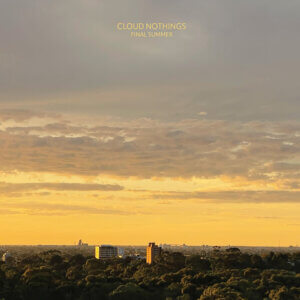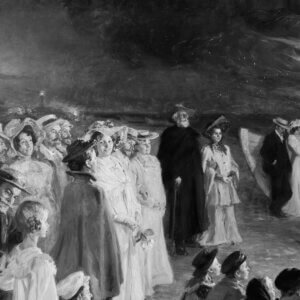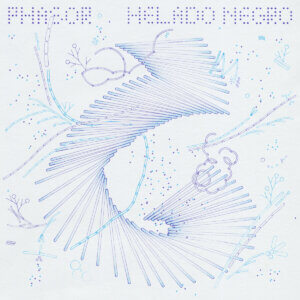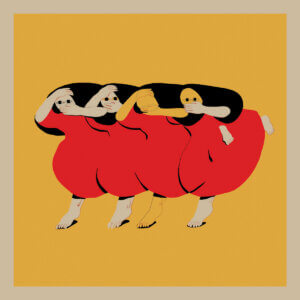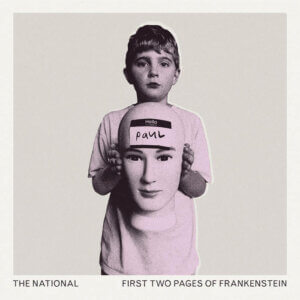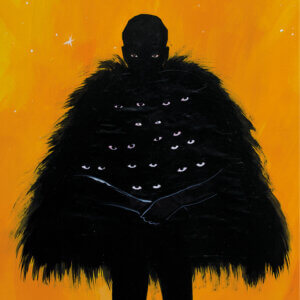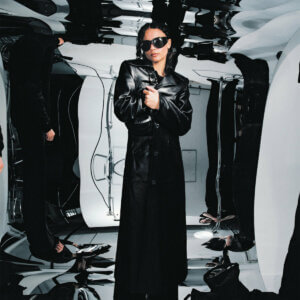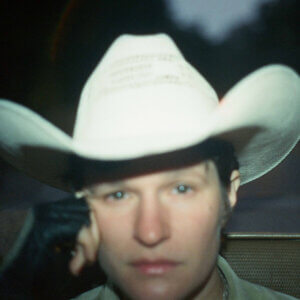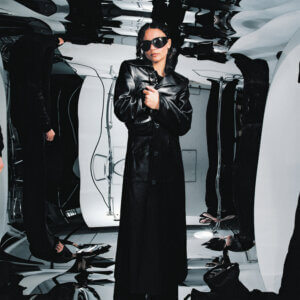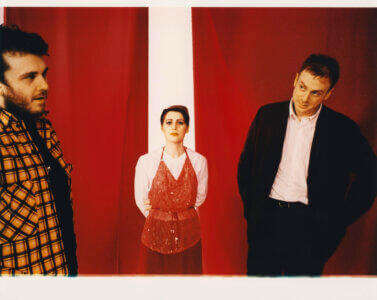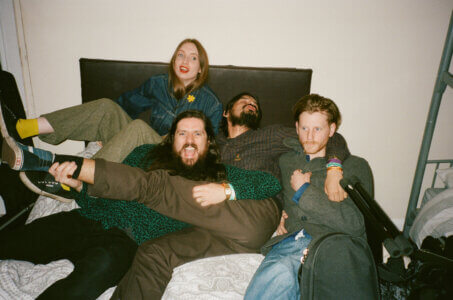
7.6
Classic Objects
Jenny Hval
Identifying Jenny Hval’s work is easy; categorizing it: not so much. The Norwegian artist fits snugly into her own inimitable niche that just labeling it “art pop” for even “experimental” feels wrong. Over time, Hval’s sound has expanded, and she’s found ideal collaborators, like Håvard Volden, she has released last year’s excellent Menneskekollektivet with, under the Lost Girls moniker. But everything about her is so singular. Hval obviously didn’t pioneer things like alternating between spoken-word and singing, but her cadence is so exact and her melodies so captivating, she seems like the only one.
With singularity, though, comes predictability. That is to say that Hval’s latest album, Classic Objects, has one glaring flaw: it sounds like a Jenny Hval album. It’s not predictable in the sense that you can be certain where all of these songs are going or that the journeys aren’t satisfying. It just manages to meet the expectations of a Jenny Hval album without the unsettling-but-intriguing immediacy of Innocence is Kinky or Blood Bitch. There’s still plenty to appreciate about it, even if it’s not quite as revealing as it might want to be.
That lack of shock might be deliberate, as Hval says Classic Objects sprung from a desire to create “something really straightforward,” examining herself, her self, and how she fits into the world around her, through storytelling. But one wouldn’t expect Hval to offer simple “point A to point B” narratives. One of the primary satisfactions of Classic Objects is how seamlessly Hval shifts between reminiscence and less tangible musings. It’s the kind of album David Lynch might appreciate for how the real and the surreal feel like one and the same without completely homogenizing.
Lyrically, this may also be her least-explicit release. While Innocence is Kinky opened with Hval talking about a late-night porn-viewing session, opener “Year of Love” starts with her telling us about her marriage while also quoting Paul Simon’s “I’d Do it For Your Love” over a persistent ringing harpsichord and guitar that verges on reggae. Hval says she “signed a deal with patriarchy” before flashing forward a year later: a marriage proposal happens during one of her concerts and she’s left wondering about the relationship between her audience and her art.
That might make Hval seem like a cynic, or at least an overthinker, dissecting moments for a larger, unknowable meaning instead of just appreciating their beauty as they are. But Hval knows how to convey awe; she just asks for your patience and an open mind. On “American Coffee,” she begins by singing about an exchange between her mother and the midwife when she was born and then considers where her life could’ve gone. It’s not a mourning of lost opportunities but a contemplation of how easily one’s trajectory can change with a few decisions. Hval then brings us to another specific memory: seeing The Passion of Joan of Arc at a cinematheque with a UTI and subsequently being fascinated by the sight of her period blood. It hearkens back to concepts she’s discussed on previous albums. But this passage feels like we’re witnessing Hval have an epiphany, even if she’s discussing an event that may have happened decades ago.
Classic Objects is more straightforward not only in Hval being more lyrically direct but also structuring her songs in a more crowd-pleasing way, relatively speaking. “Cemetery of Splendour” begins with soft piano and vocals that could be mistaken for a Big Thief or Adrianne Lenker solo track as Hval dialogues with herself about previously playing in “empty bars.” It then explodes as she sings of “tagged-over posters with faces out of frame.” But, perhaps to remind us she’s Jenny Hval, she devotes most of the back half of this seven-minute track to sounds like crickets chirping, roosters crowing, and traffic.
Moments like this, including the extended ending of closer “The Revolution Will Not Be Owned,” can feel indulgent without being all that interesting. Hval also tends to introduce percussion midway through her songs in a way that can feel like a crutch. “Year of the Sky” commences off as ambient techno with Hval humorously discussing time as an arbitrary concept and gazing up at the clouds. The tabla-dominated back half is certainly impressive on a compositional level. But it feels like overloading on a song that could’ve remained sparse. Right after, “Jupiter” acts like a corrective, with its stripped-back opening and crash cymbal-heavy chorus working together so well, along with one of Hval’s finest vocal performances. Of course, she can’t resist making the second half a dark ambient piece, with fragments of a monologue buried underneath.
Regardless of any compositional nitpicks, Hval remains a fascinating artist because she herself is constantly fascinated, finding wonder in even the most mundane without dorm room philosophizing. For new listeners, Classic Objects works as an inviting introduction to Jenny Hval and her consistent curiosity. For old ones, it’s another satisfying chapter in a book by one of modern music’s most distinctive authors.
Order Classic Objects by Jenny Hval HERE
Latest Reviews
Tracks
Related Albums
Related News
Advertisement
Looking for something new to listen to?
Sign up to our all-new newsletter for top-notch reviews, news, videos and playlists.


